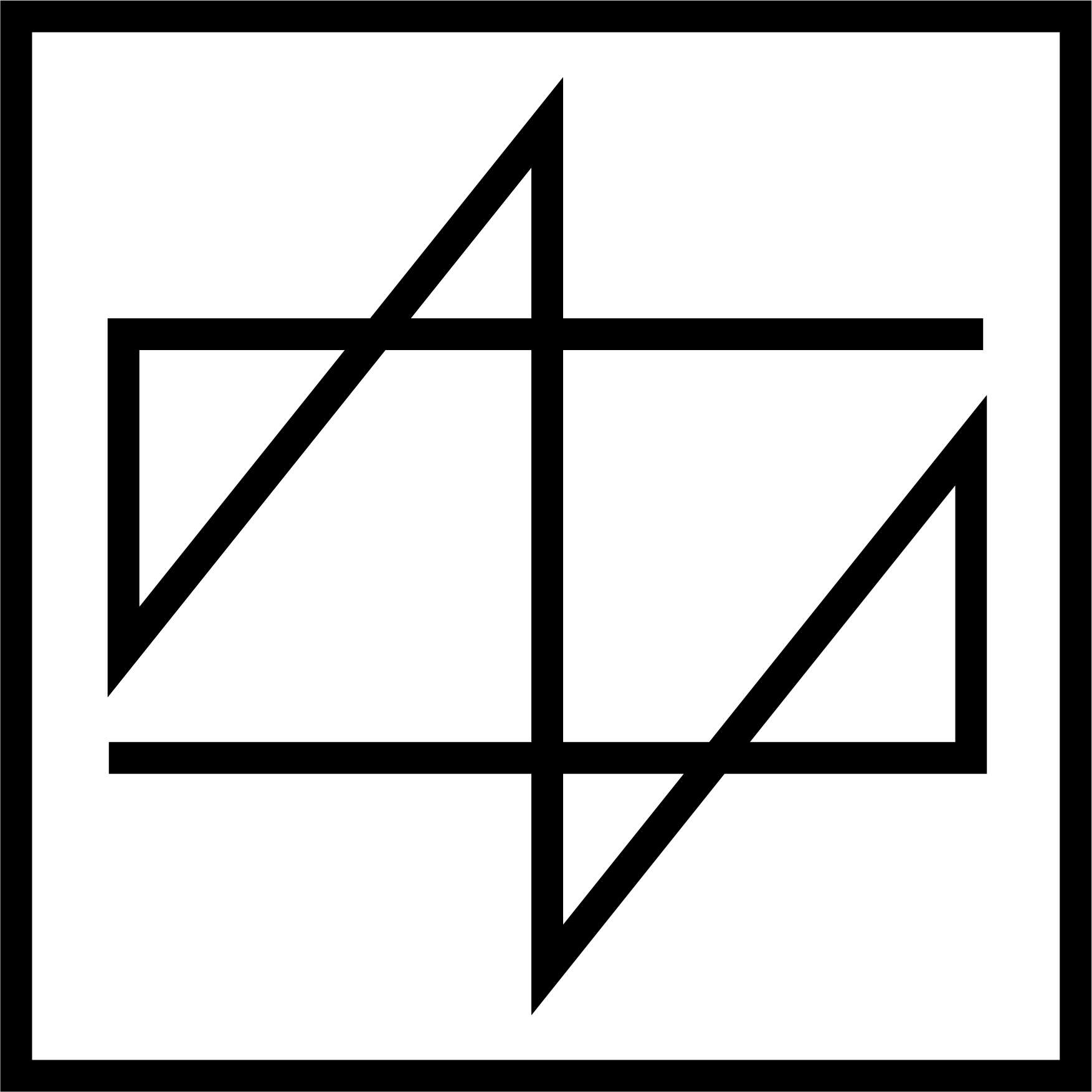Workshop: Night Photography and Tripod Work
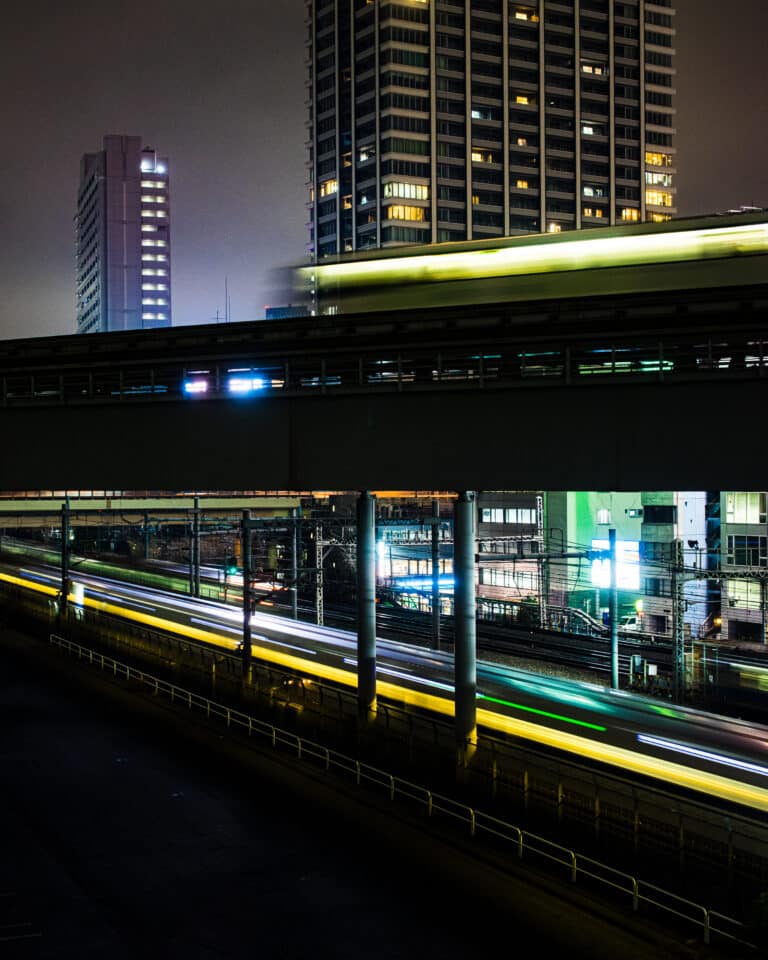
Exploring Night Photography While Working From a Tripod
When the sun goes down, many photographers pack up their cameras—or default to using flash. But there’s so much more to explore in nighttime photography, and in this workshop, we’ll dive into these creative possibilities together.
If you’ve found night photography frustrating or challenging, you’re not alone. Capturing stunning images in low light can be technically demanding, but it’s also one of the most rewarding and enjoyable areas of photography.
Using a tripod is key to achieving better results in night photography, and it’s often essential for capturing images that wouldn’t be possible otherwise. While working with a tripod can seem intimidating if you’re new to it, in our workshop, I’ll show you how enjoyable and freeing it can be. Though it might feel like an extra piece of equipment to manage, a tripod actually opens up a world of creative freedom.
NB: Don’t have a tripod? I can probably provide one for you. More details below.
What You’ll Learn in This Workshop
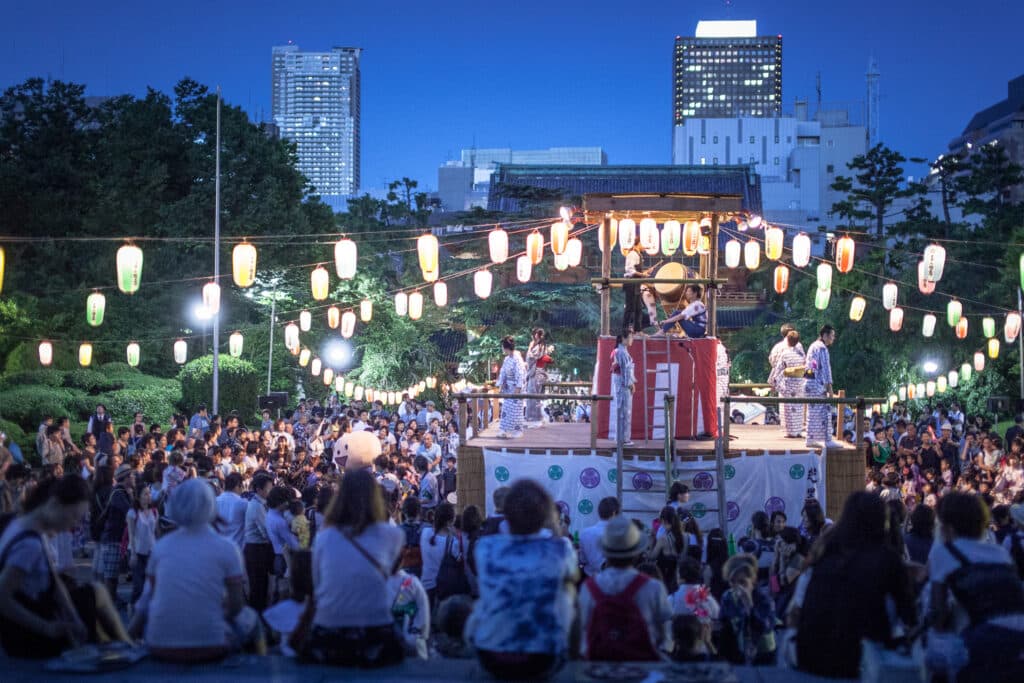
Working Handheld in Low Light
We’ll start by exploring techniques for shooting in low light when you can’t or prefer not to use a tripod. You’ll learn how to make the most of your camera’s metering system, use exposure compensation to keep exposures accurate, and steady the camera for sharper shots.
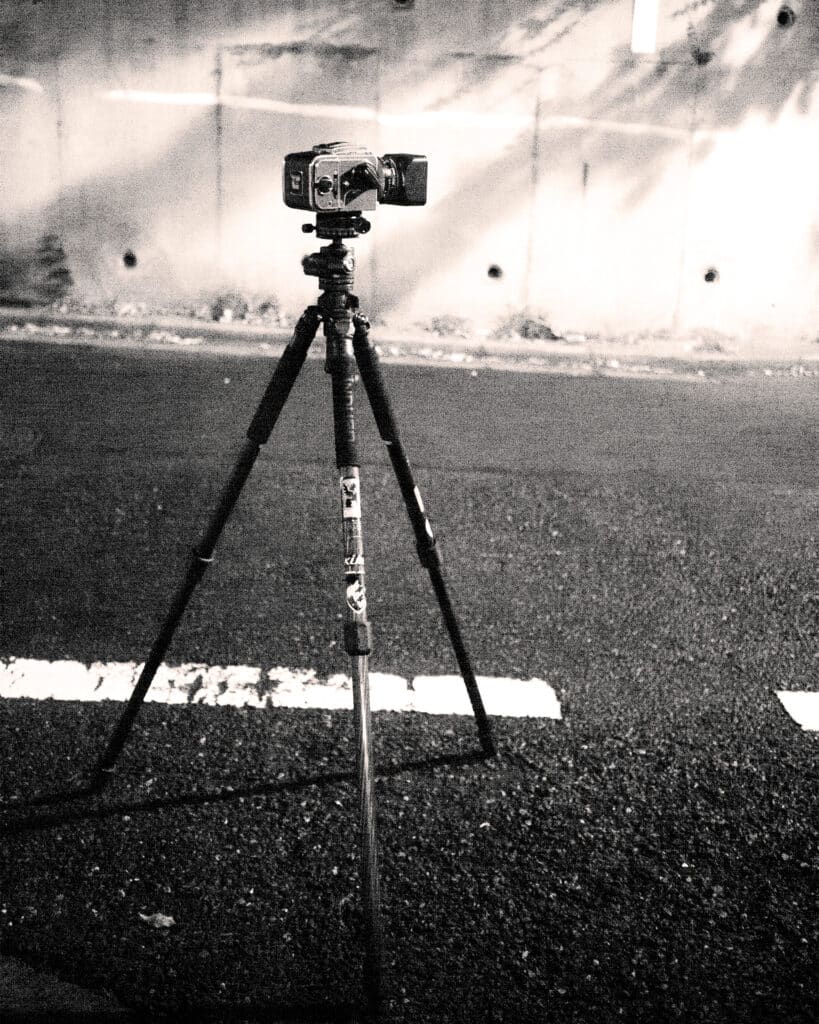
Working With a Tripod
After covering handheld techniques and their limitations, we’ll dive into working with a tripod. You’ll learn how to select the right spot, set up securely, reposition effectively, and ensure the safety of both your camera and those around you.
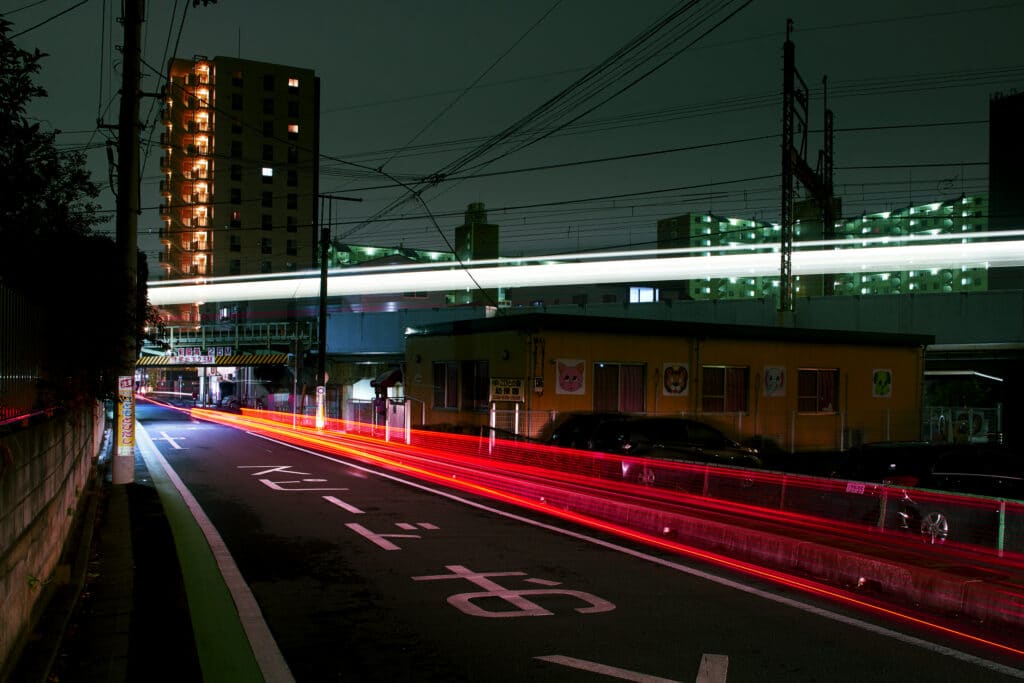
Mastering Long Exposures
Night photography often requires long exposures—from just a few seconds to several minutes. I’ll guide you through calculating precise exposures, capturing your image, and troubleshooting common issues to ensure you achieve the results you’re aiming for.
Who Is This Workshop For?
This workshop welcomes all who wish to delve into night photography and master tripod use. While these may seem like separate topics, they overlap significantly in this context, and I’ll guide you through mastering both. Although we’ll focus on techniques for nighttime photography, the skills you’ll gain with a tripod will also enhance your practice of photography during the day.
Workshop Format
The night photography workshop is divided into three main sections:
1. Instructional Session: We’ll start with a brief overview of core concepts, giving you the essential knowledge needed before heading out to shoot.
2. Hands-On Shooting Session: Next, we’ll go out to explore and practice what we’ve covered, completing a series of mini-assignments designed to reinforce key principles. We’ll begin with a short segment on handheld techniques, followed by a longer session focused on tripod work, allowing you to capture a range of images as the evening light shifts.
3. Review and Feedback Session: After the photo shoot, we’ll gather to review your images. Through constructive feedback, we’ll celebrate your successes and highlight specific areas to focus on for continued growth.
Overall, the workshop will last at least 3-4 hours. We’ll begin before or after sunset (depending on preference and schedule), and will wrap up in time for the last train home. Instruction and shooting will usually last 2.5-3 hours, with some time after that set aside to review what we covered in the workshop. We will also review your images at the end of the evening (alternatively, we can do a video call at a later date if you want time to go through and edit your images first).
Instructional Session
The initial instructional session will be brief, as most of what we’ll cover is best learned through hands-on practice. I’ll introduce you to key concepts, including:
- Recognizing the limits of handheld shooting in low light and how to work within them
- Understanding how nighttime conditions impact your camera’s light meter
- Best practices for tripod use to ensure sharp images and maintain safety
- Leveraging the stability of a tripod to capture unique images that would be impossible otherwise
Putting It To Work
In the second part of the workshop, we’ll head out to put these new principles into practice. Over a few hours, we’ll explore various locations, searching for unique photo opportunities. Along the way, I may provide a few small challenges designed to help you make the most of each subject and your equipment. I’ll also be there to assist with technical questions and troubleshoot any issues that come up.
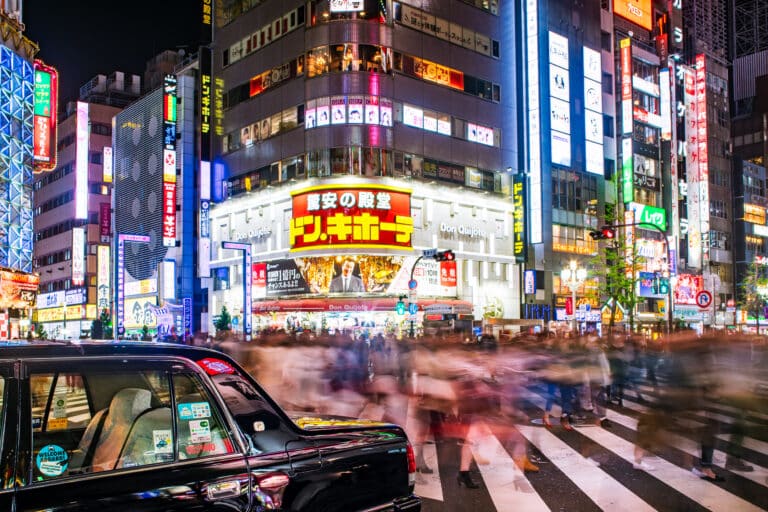
Review and Feedback
After wrapping up the shooting portion of the workshop, we’ll dive into a review session to examine your images and discuss your results. Together, we’ll look at what worked well, identify any challenges, and talk through solutions. This review will provide valuable insights, helping you not only understand your successes but also develop strategies for overcoming obstacles. You’ll leave with actionable tips and techniques to continue honing your night photography skills long after the workshop.
No Tripod? Not a Problem
While bringing your own tripod is ideal, I can usually provide one if you don’t have one or can’t bring yours. I’ll make sure it suits your needs. Please note that there is a small fee for this service to help cover equipment costs.
If you’re interested in purchasing a tripod while in Japan, I’d be happy to help you find the perfect one at one of Tokyo’s excellent camera shops. Just let me know in advance!
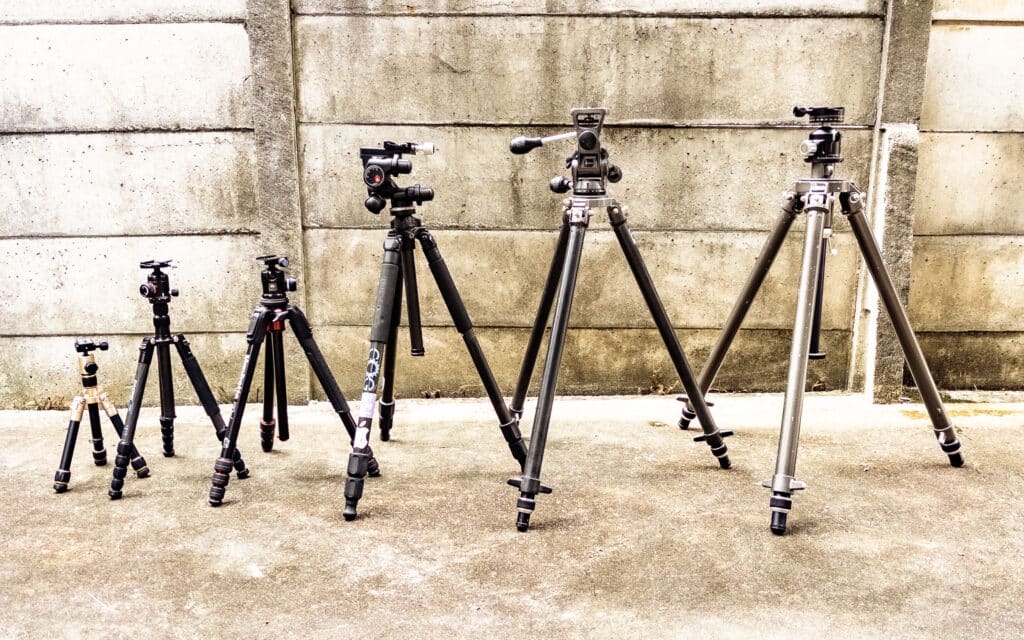
About Your Instructor
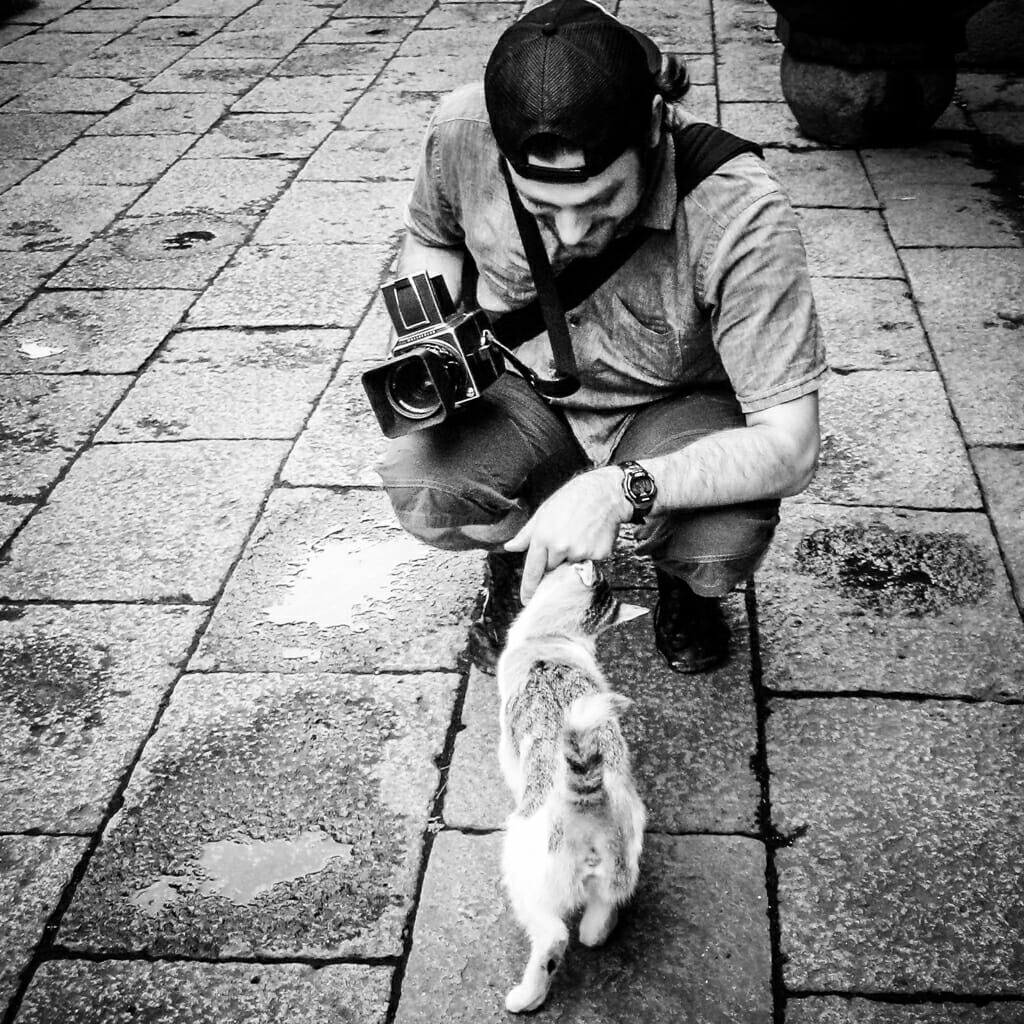
I’m David R Munson, a photographer and educator originally from the USA, based in Japan since 2015.
My love for photography has driven me since 1996, and I’m passionate about sharing that enthusiasm with others. While I’ve worked across both commercial and fine-art photography, my approach to teaching is deeply shaped by two other roles I’ve held: photo assistant and educator.
As a photo assistant, I had to master the technical side of everything while also developing the creative insight needed to support the photographers I worked with. My time as an English teacher sharpened my communication and teaching skills, showing me how to effectively engage and guide people—an experience that greatly informs my workshops.
In every lesson and workshop, my goal is to create a supportive, enjoyable environment that helps students learn, grow, and explore their creative potential.
Additional Information
Required Equipment and Experience
Preexisting knowledge and experience with photography are useful but not required. Here are the equipment requirements:
Essential Equipment:
- A digital camera that allows manual settings (most DSLR or mirrorless cameras should be fine)
- An empty memory card
- A few fully charged camera batteries (probably best to bring as many as you have)
Recommended Equipment:
- Your tripod, if you have one
- A remote or shutter-release cable for your camera
Optional Equipment:
- Laptop computer (if you’d like to do the review session using your own computer)
Note: If you prefer to use a film camera for the workshop, that’s perfectly fine. However, we will need to conduct the review and feedback session online at a later date to allow time for film processing and scans.
Location
Location is flexible—choose an area that piques your interest.
However, I primarily recommend meeting near one of the following stations in Tokyo: Akabane, Akihabara, Ebisu, Ikebukuro, Koenji, Nakano, Nippori, Shakujii Koen, Shibuya, Shinjuku, Tokyo, or Ueno. While quieter areas in the Tokyo region are also acceptable, they may offer fewer subject variety.
Note: I’m also happy to provide this and other services outside the Tokyo area, but we will need to negotiate an additional fee to cover transportation and other costs. Conversely, if you’d like to come to Saitama City (where I live, 20-30 minutes from central Tokyo by train), I’m happy to offer a discount.
Workshop Size
Workshops like this work best with individuals or small groups. For practical reasons, group sizes are limited to 4 total participants per session.
Date and Time
Most days should be fine if I’m not already booked in the evening.
As this workshop focuses on night photography, starting times will vary throughout the year. Generally, we should aim to start 30-60 minutes before sunset so that we can complete the initial info session before taking advantage of twilight.
We can also do the entire workshop after dark, the only caveat being we need to wrap up in time for me to get the last train back home.
Rain Policy
Unless things get extreme, workshops will proceed regardless of weather conditions. Believe it or not, shooting in the rain can actually be a lot of fun and only requires the addition of rain gear and the willingness to put up with wet feet.
Pricing, Payment, and Cancellation
Pricing
Currently, this workshop is available for individuals and small groups.
The price of the workshop is JPY ¥20,000 for the first participant, an additional ¥10,000 for a second participant, and ¥5,000 for each additional person up to a maximum group size of four.
| Number of Participants | Workshop Cost |
|---|---|
| 1 | ¥20,000 |
| 2 | ¥30,000 |
| 3 | ¥35,000 |
| 4 | ¥40,000 |
*A 20% discount applies for anyone who comes up to Saitama City for the workshop.
Tripod Rental: If you don’t have a tripod and want to rent one for the workshop, you can do so for an additional ¥2,000 fee. Depending on group size, I may not be able to provide tripods for everyone.
Payment
Payment is due in full once the booking has been finalized, and can be made online by credit card.
Cancellation, Rescheduling, and Natural Disasters
Cancellation:
- More than 72 hours notice: 100% refund
- 24-72 hours notice: 50% refund
- Less than 24-hours notice: no refund
Note: any non-refunded amounts can be applied to this or another service at a later date.
Rescheduling:
If you need to reschedule, please get in touch with me as early as possible. Generally, all rescheduling must be arranged no less than 72 hours before the scheduled time.
Natural Disasters, Acts of God, etc
If there is a big earthquake, typhoon, etc that realistically prevents us from holding the workshop, we can reschedule. If rescheduling isn’t possible, I will issue a refund.
Booking
To begin the booking process, please fill out the form below. I will follow up with you to confirm and work out any other details.
Please fill in your information carefully. If there are any errors, or if you do not hear back from me within 48 hours, please email me directly at davidrmunson@gmail.com. For all other inquiries, please visit the contact page.
